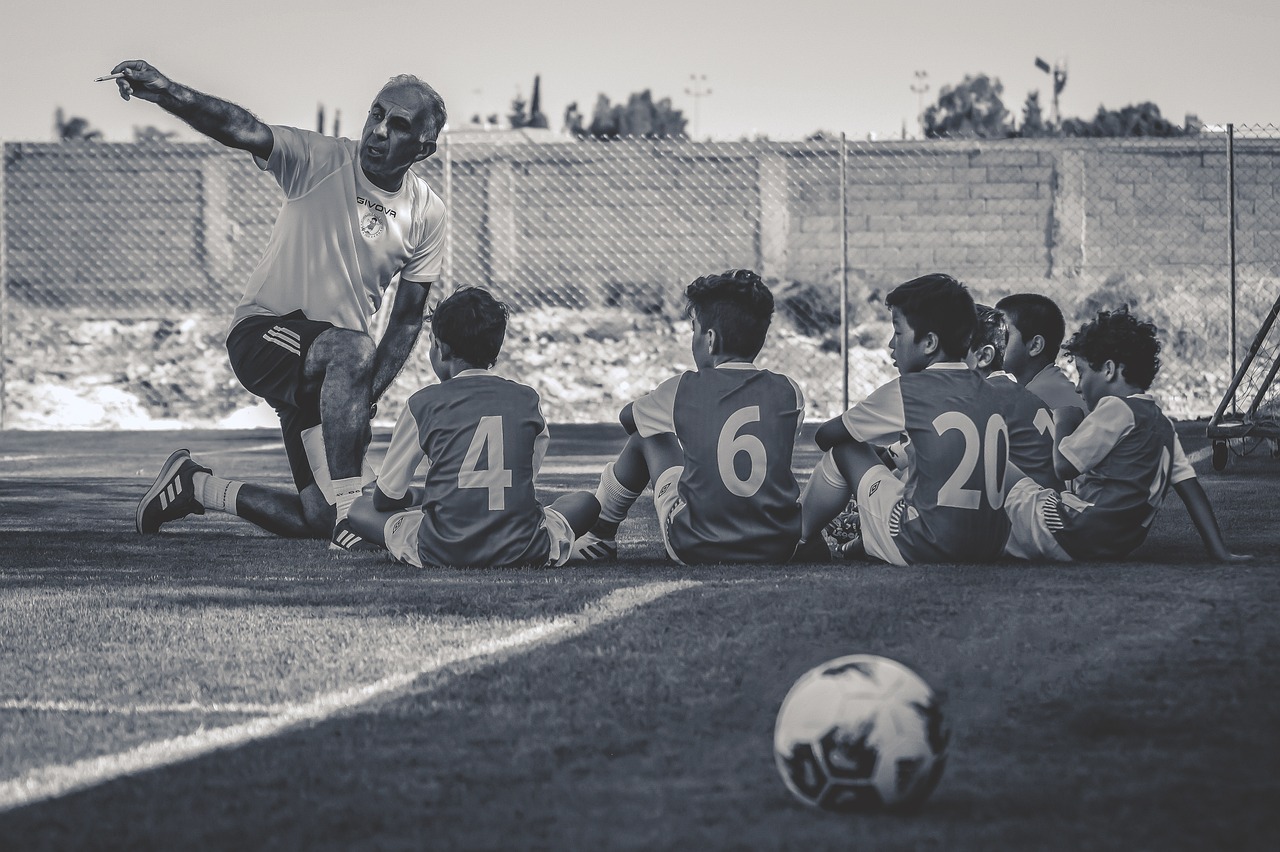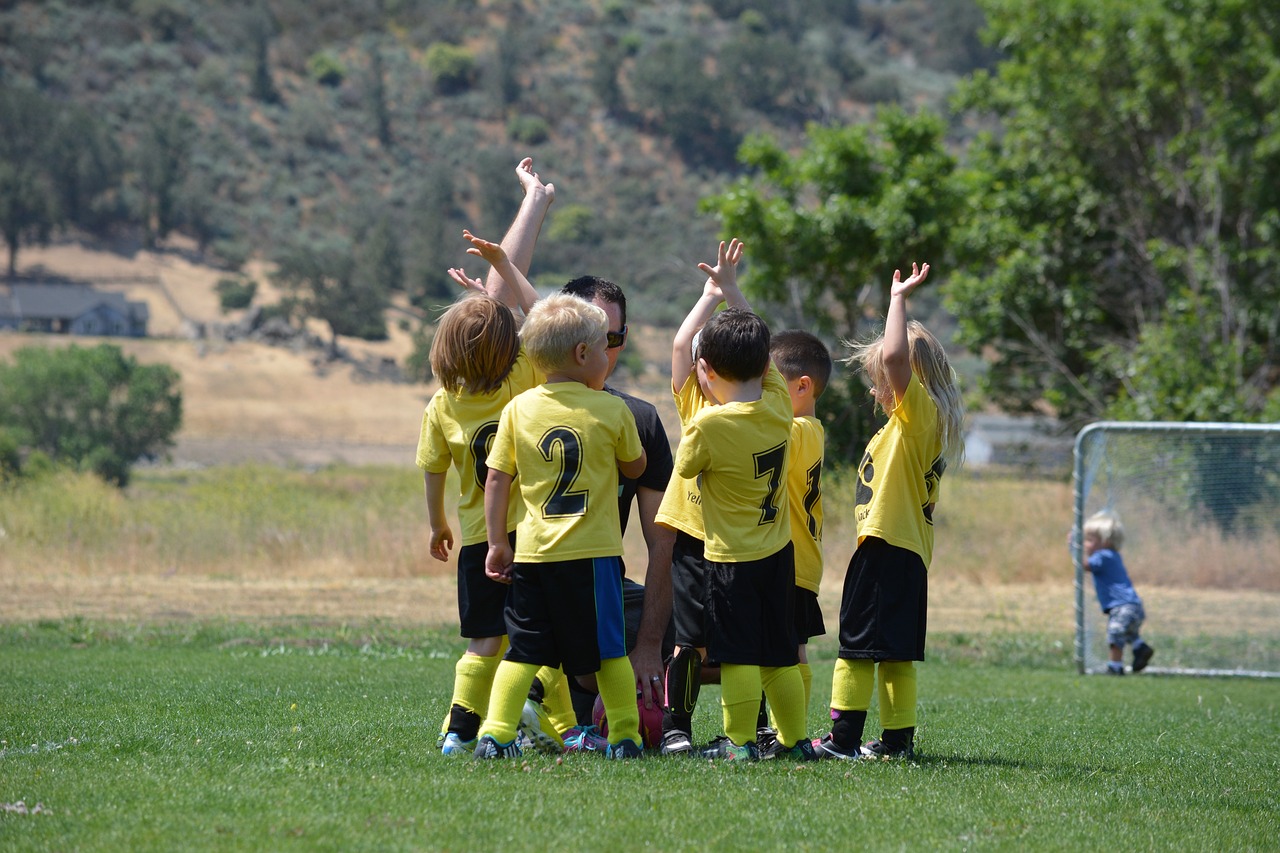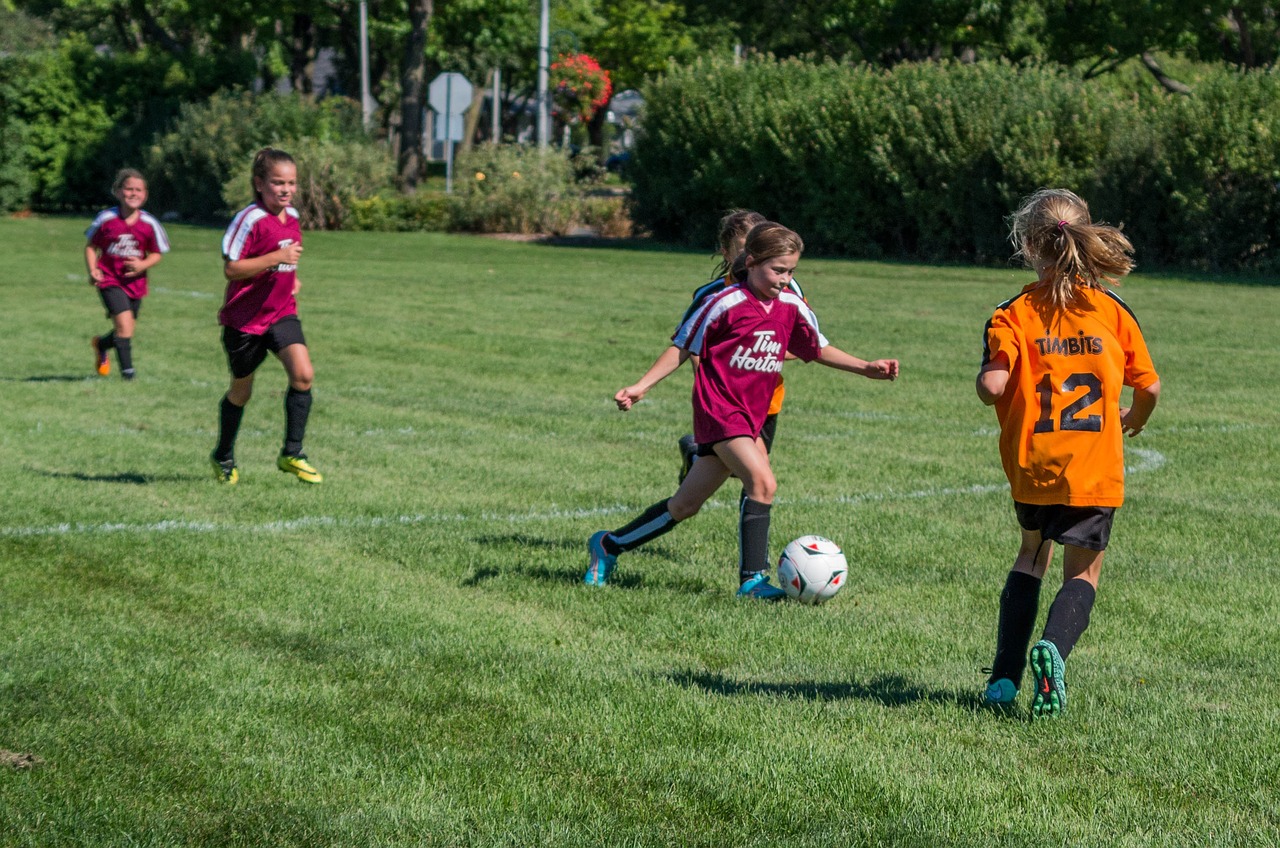Coaches, it’s essential to remember that we are coaching children—not just athletes. Our impact goes far beyond the sport. I was reminded of this during a recent game against a technically superior team. My girls played with grit and determination, fighting for each other with the kind of hunger and scrappiness that drives an athlete to get better. They pushed themselves to the limit, even when facing a team that was, by all objective measures, more skilled and conditioned.
Finally, sweetheart!
Unfortunately, the opposing coach’s behavior overshadowed the game. As the match progressed, his frustration and anger boiled over. He hurled condescending remarks at his players, scolding them for mistakes and mocking their successes with dismissive comments like, “Finally, sweetheart!” said in a tone that dripped with contempt. It only got worse. When yelling at his players failed to produce the results he wanted, he turned his anger on my assistant coaches, accusing us of teaching dirty play—a baseless and petty attack. Yes, there were fouls; fouls happen in soccer. But his behavior escalated far beyond acceptable boundaries.
Go take them out!
When berating his team and accusing my coaches didn’t work, he directed his fury at the teenage referee. It was painful to watch. When even that failed, he yelled something that truly shocked me: “Go take them out!” This was a clear threat, screamed so loudly that everyone heard it. And this was all before halftime. I spent the halftime break reassuring my team, reminding them to keep their heads up and focus on moving the ball faster. My real worry, though, was that the opposing team—desperate to win his approval—might injure one of my players. It was a truly disheartening experience.
What made this even more appalling was the context: this was a U13 girls’ Division 6 game—a step above recreational soccer, far from elite levels. No one on that field was trying to become the next soccer superstar. The stakes weren’t high enough to justify this behavior—not that anything ever could. This coach had resorted to yelling, degrading, and disrespecting everyone—his players, my players, my coaches, and even the referee—all to “motivate” his team. It was disgusting, and I genuinely felt for his players. No child deserves to be treated like that.
Good Coaches Don’t Need Fear
After the game, I found myself reflecting deeply. How could any parent allow their child to remain in such an environment? This wasn’t coaching; it was bullying. And it made me think about the broader impact we have as coaches. We spend countless hours with these young players, and we play a role in shaping the adults they will become. My own coach during my tween years was one of the most influential figures in my life, both on and off the field. I carry his lessons with me to this day.
“Between the ages of 12 and 13, the percentage of girls who say they’re not allowed to fail increases by 150%.”
Peak 9
As I watched this coach scream at his players, veins popping from his neck, I glanced at the young faces on the field. I saw fear. This was their “example” of adult behavior. They were internalizing his actions and would likely carry this experience into adulthood. For 12- and 13-year-old girls—an age when their confidence is so vulnerable—this type of treatment can be devastating. According to Peak 9, “Between the ages of 12 and 13, the percentage of girls who say they’re not allowed to fail increases by 150%.” I couldn’t help but think that this coach was contributing to this problem in a big way.
We All Need to do Better
He needs to do better. We, as coaches, all need to do better. And to the parents who stood by and let it happen, you must do better too. No child should ever be belittled or spoken to with such disrespect. After the game, I spoke to my 14-year-old daughter, who had witnessed it all. I told her that behavior like that is never okay—from a coach, a boss, a friend, or anyone. She deserves respect, as does every child on that field.
Coaches, let’s remember the responsibility we have. We’re shaping lives, not just athletes.




